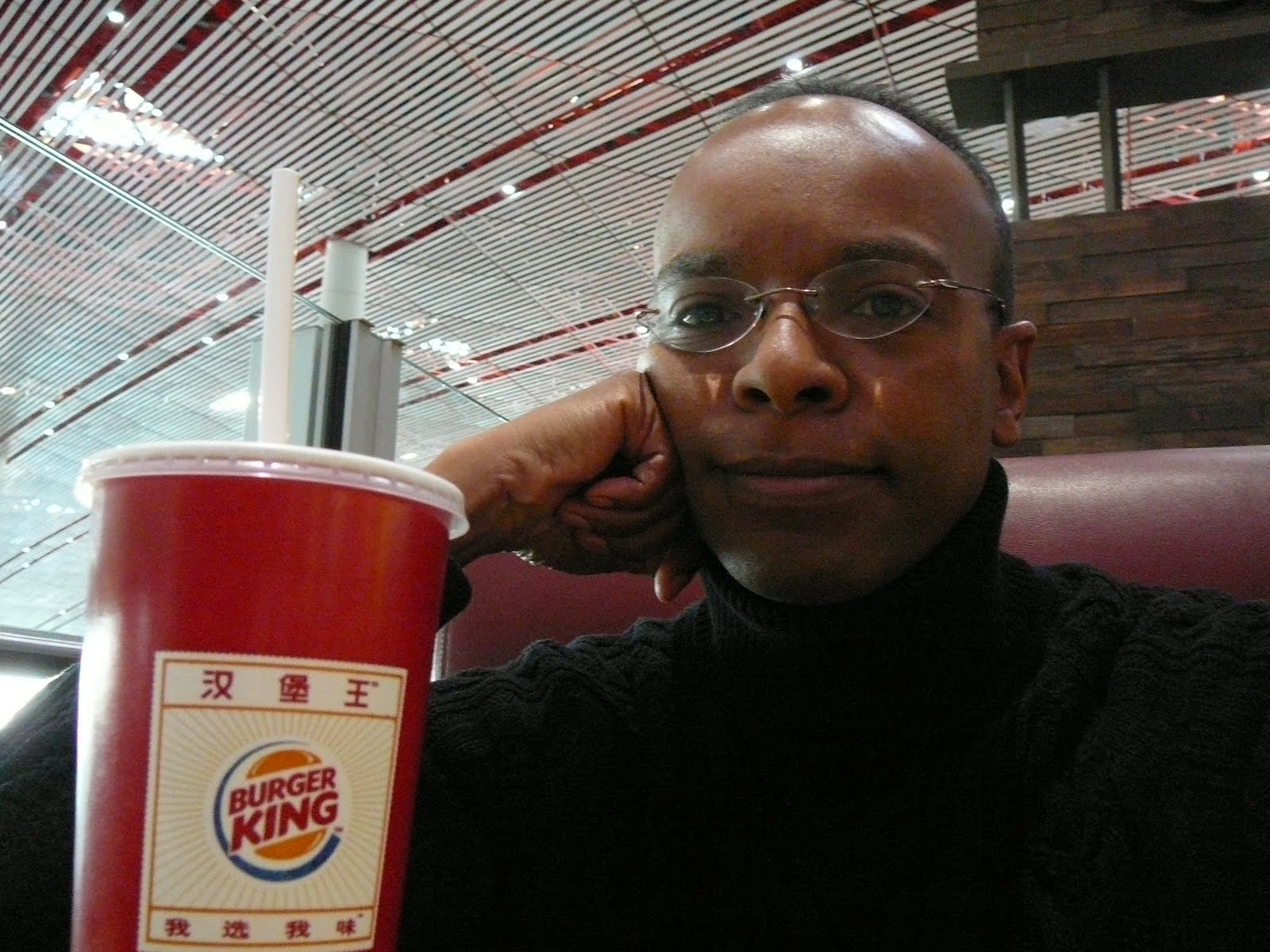
Chinese New Year 2012 ushers in The Year of the Dragon.
A controversy developed over a limited edition postage stamp in China, which depicted a dragon in the form most familiar to Western audiences: a fire-breathing monster.
The Chinese view of the dragon is entirely different. It's a friendly, if overdressed, symbol of good luck, accompanied by firecrackers and high energy celebration. For people in China, the dragon is less Godzilla than it is Cecil the Sea-Sick Sea Serpent.
It is rather easy to see where and how the image of the dragon got twisted internationally.
Blame the British.
It's Great Britain, after all, which developed the idea passed down in stories and fables from the middle ages, of knights holding-forth in castles, rescuing flaxen-haired maidens from winged serpents who were basically flying flame throwers. The Japanese (shame on them) enhanced the image to include a dinosaur-like creature that blasted particle beams of destruction from its mouth, while piling up property damage all over Tokyo.
In the meantime, the Chinese were celebrating their symbol of the dragon for more than 5,000 years. The Chinese dragon excudes so much kindness and hope for good fortune and prosperity, that it should have a guest slot on the Muppet Show. Or CNBC's Fast Money.
Like the Monkey King, the Chinese dragon is one of those characters that Western audiences have yet to really appreciate. On the other hand, many Chinese are very familiar with the cruel, overbearing, Asian female villian.
The Year of the Dragon Lady, that's the one I'm waiting for.




